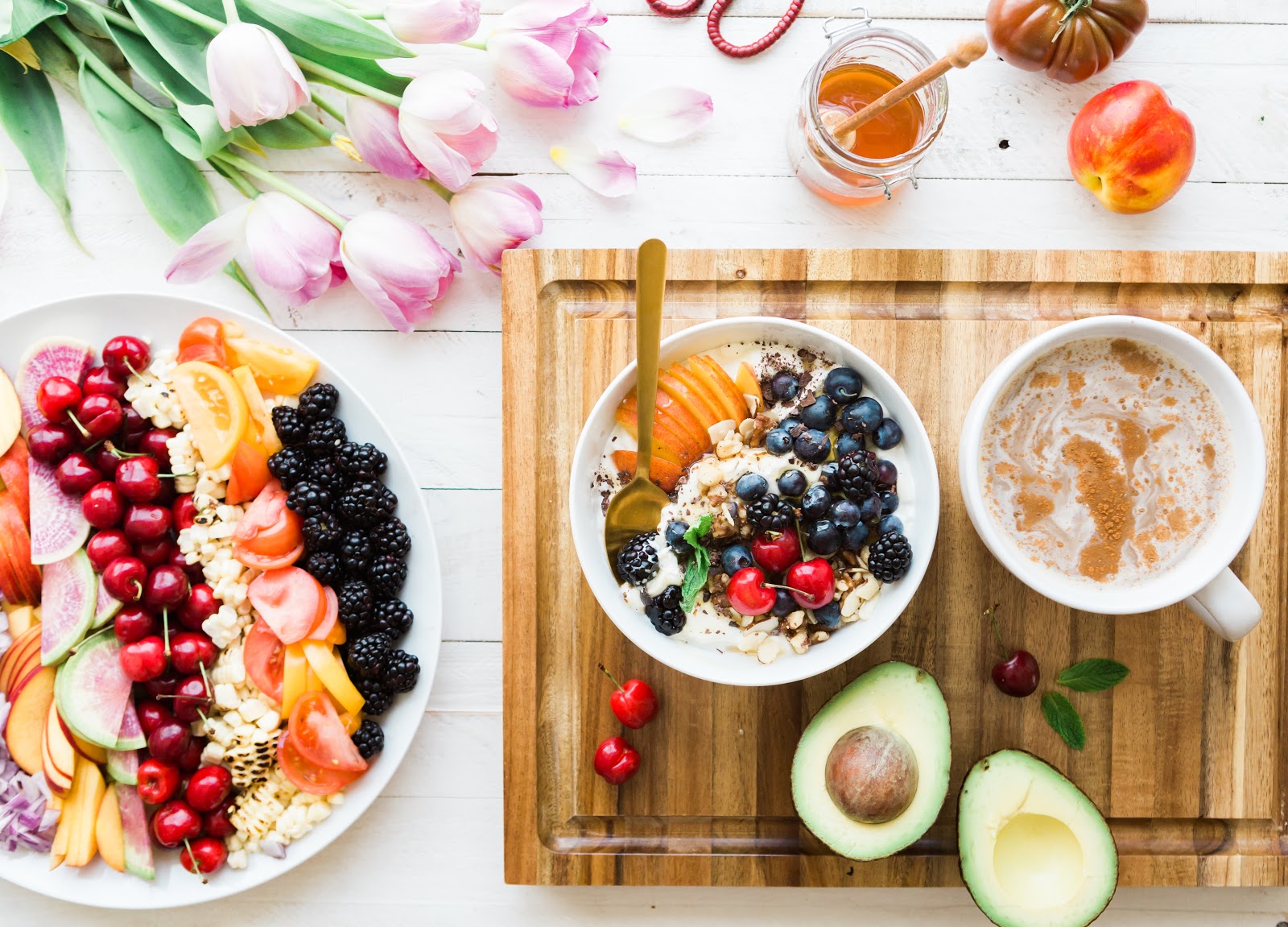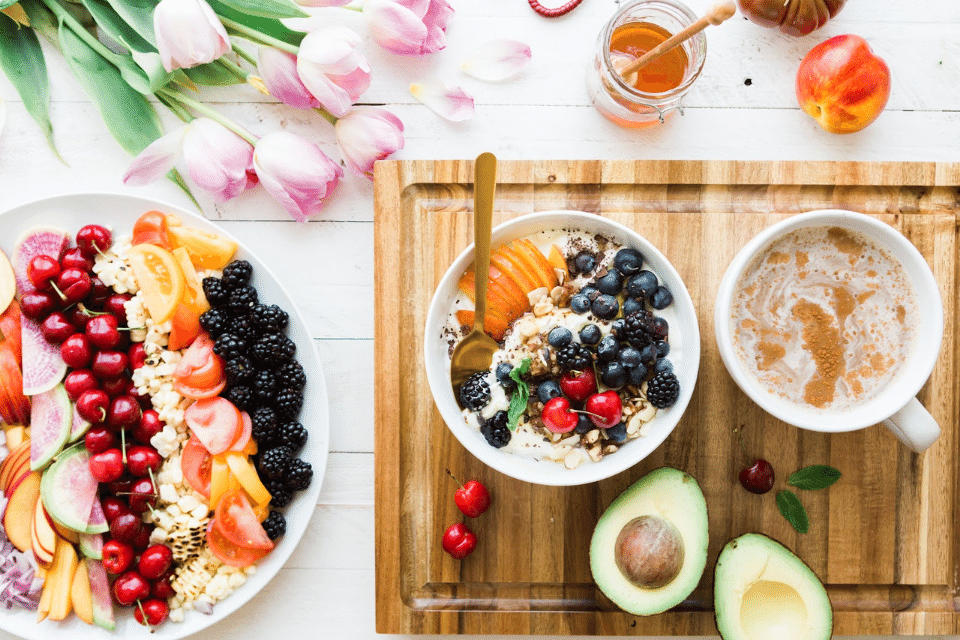As we continue in the midst of the pandemic, we encourage you to minimize risk of exposure to the virus by maintaining social distancing and proper hand washing. We can support our immune function by staying active, eating healthy foods, engaging in relaxing activities (board games, puzzles, yoga, cooking) and of course, getting adequate sleep. Today, I will talk a bit about the gut immune connection and ways you can support your immune system via nutrition.
The Gut-Immune System Connection
Did you know that 60-70% of our immune system is actually located in our GI tract? The majority of immune cells are found in what is called GALT or the gut-associated lymphoid tissue. Our gut provides the habitat and important nutrients for the health-promoting gut microbes, who in turn, keep our immune system in check. A nutrient-dense diet rich in plant foods is important to keep our gut microbes happy and flourishing. These microbes support the proper function of our intestinal immune system and create important vitamins too.(1) Eating a variety of fiber rich plant foods, such as Epicured’s Casablanca Salad and Burrito Bowl and Basil Pesto Spaghetti Squash with Parmesan, has the potential to enhance the diversity of our gut microbes and our health.(2) Epicured’s energy bites are a great source of prebiotics, food for health promoting gut microbes, and have a good shelf life too!
Eating to Support Your Immune System
Adequate and nourishing foods are required for our body’s immune cells to function properly. Add nutritional balance to your diet by including the key macronutrients such as complex carbohydrates, protein, and healthy fats, and of course, a plethora of fruits and vegetables. There are some micronutrients that play a greater role in maintaining our immune function, including zinc, Vitamin A, Vitamin C, and selenium, as well as amino acids, glutamine, and arginine. Glutamine provides an energy source for the cells of the immune system. Arginine helps support our macrophages, who help manage infections from bacteria and viruses.(2)

Let’s make this practical! Here are some key nutrients and food sources that can help support your immune system.
|
Macronutrient |
Food Source |
|
Complex carbohydrates |
Rice, Potatoes, Tortillas, Quinoa |
|
Protein |
Firm tofu, Eggs, Canned chickpeas, Canned Lentils, Nut Butters |
|
Healthy fats like Omega 3’s |
Salmon, Flaxseed, Chia Seed, Walnuts |
|
Monounsaturated Fats |
Olive Oil, Seeds, Nuts |
|
Micronutrient |
Food Source |
|
Zinc |
Beef, Pork, Chicken, Chickpeas, Pumpkin seeds |
|
Vitamin A |
Broccoli, Carrots, Cantaloupe, Dairy products, Fortified cereals |
|
Vitamin C |
Broccoli, Potatoes, Kiwifruit, Tomatoes |
|
Selenium |
Brazil nuts, Tuna, Halibut, Shrimp |
|
Amino Acids |
Food Source |
|
Glutamine |
Meat, Fish, Beans, and Dairy products |
|
Arginine |
Fish, Beef, Poultry, Whole grains, Beans and Dairy foods. |
YOU-first: Application and Special Cases
Our nutrition needs are greater when our immune system is being challenged by an outside infection, and our calorie needs are increased if we experience a fever.
Nourish your body with food that’s available to you. Ideally, eat a well-balanced diet rich in produce, protein, healthy fats (like nuts and seeds), and truly embrace food that works for your body to feel its best. The best diet is the one that works best for your total health — body and mind. Sometimes during stressful times we lean into occasional comfort foods, and that’s okay too!
Don’t add unnecessary stress or a level of perfection related to your food choices. Instead, look for overall variety and nutrient-dense options and, of course, consult a Registered Dietitian when in doubt or you need additional guidance. Here’s a great directory of RDs who specialize in gut health. Many of them see patients virtually!
- Shi, N., Li, N., Duan, X. et al. Interaction between the gut microbiome and mucosal immune system. Military Med Res 2017;4(14)https://doi.org/10.1186/s40779-017-0122-9Childs CE, Calder PC, Miles EA Diet and Immune Function Nutrients 2019; 11, 1933.
- Wahle KE, Caruso D et al Olive oil and modulation of cell signaling in disease prevention. Lipids 2004;39(12):1223-31.


